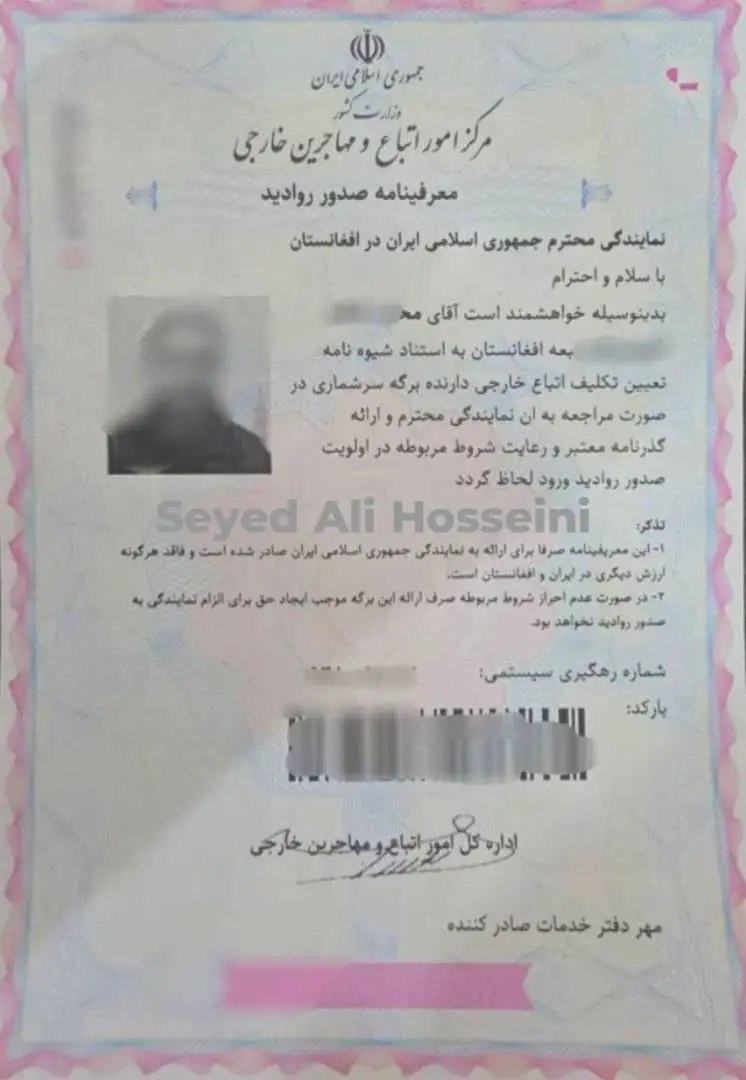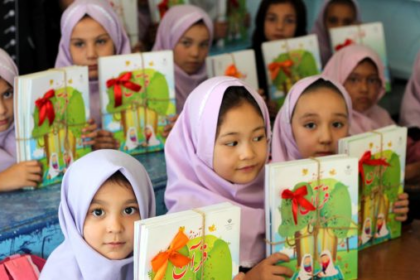RASC News Agency: In a renewed effort to manage the presence of foreign nationals on its soil, the Iranian government has initiated the formal issuance of repatriation letters for registered Afghanistani migrants. This marks the beginning of a phased strategy aimed at organizing the voluntary return of migrants who possess valid census documentation issued by Iranian authorities. These repatriation notices are being sent exclusively to families in which all members hold verified census registration papers. The implementation of this process introduces three distinct types of official letters:
Voluntary Return Letter; This document authorizes eligible families to initiate their return to Afghanistan through designated refugee processing camps. For families with school-enrolled children, the letter remains valid for up to three months, allowing time to manage academic transitions.
Security Deposit Withdrawal Authorization; Migrants who participated in Iran’s repatriation deposit scheme will receive a formal letter enabling them to reclaim their financial deposits from authorized banking institutions.
Work Re-entry Referral Letter; For Afghanistani migrants who previously held Iranian work permits, a separate letter is issued allowing them to apply for re-entry into Iran for employment purposes, pending successful repatriation and approval through legal channels.
Recipients are instructed to report to the designated camps with the appropriate documentation, where they will undergo administrative clearance and complete the necessary formalities for legal exit and re-entry coordination. Iranian authorities have emphasized that this initiative is designed to promote orderly, lawful, and voluntary repatriation while streamlining the broader management of migrant populations. The program will continue in phased intervals, prioritizing families with complete documentation.
Observers note that while Iran has hosted millions of Afghanistani nationals for decades many fleeing war, persecution, and economic hardship the country’s shifting political and economic climate has prompted increasingly assertive migration policies. Rights groups have urged that any repatriation process must ensure the safety, dignity, and consent of those returning, particularly amid the ongoing human rights crisis under Taliban rule in Afghanistan.






